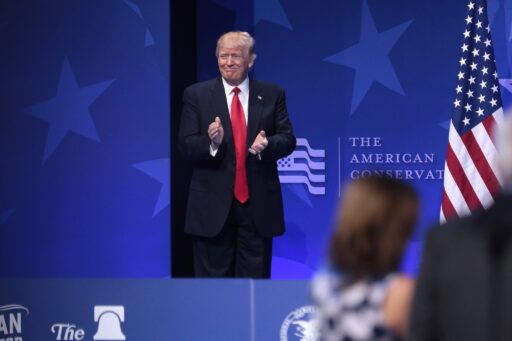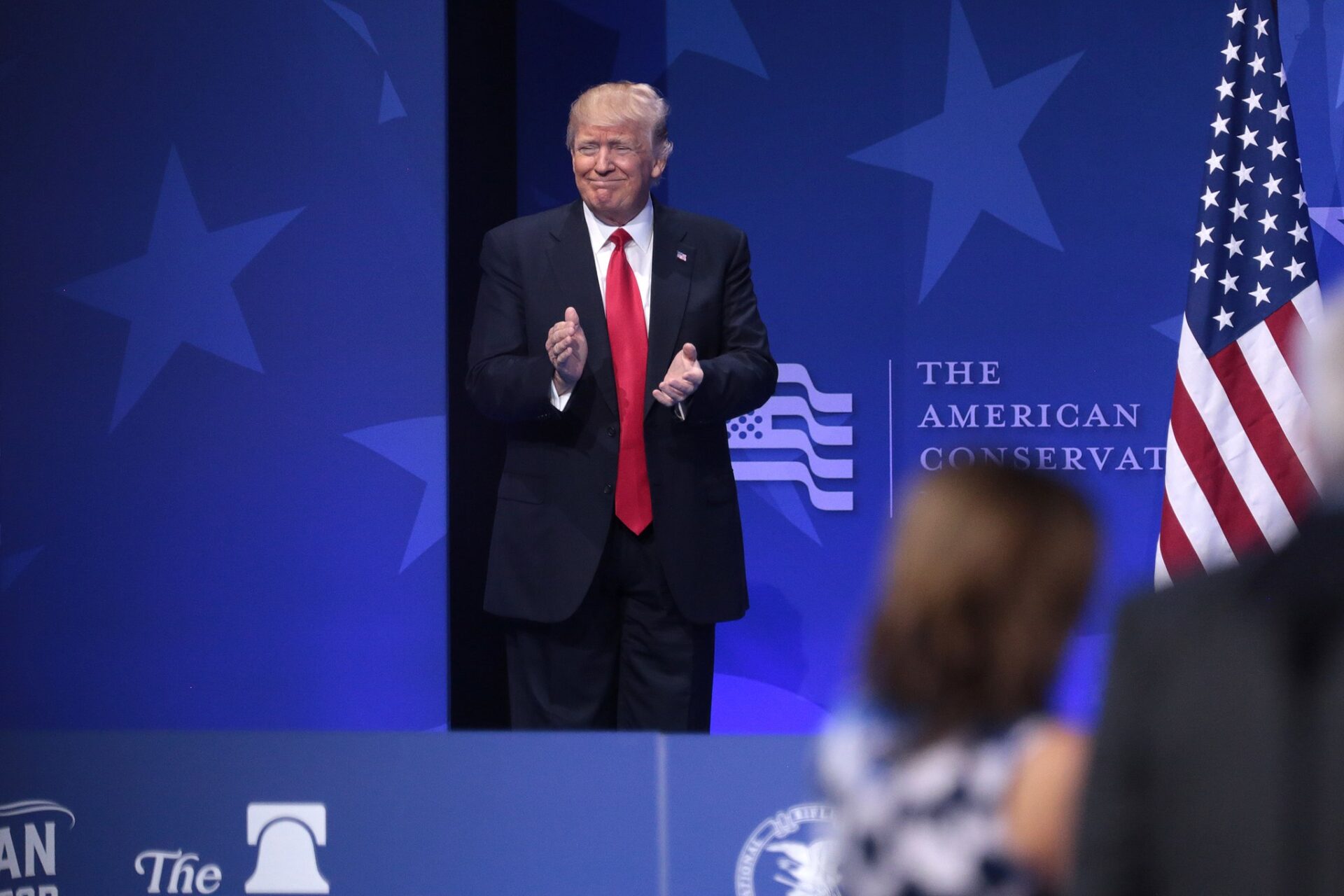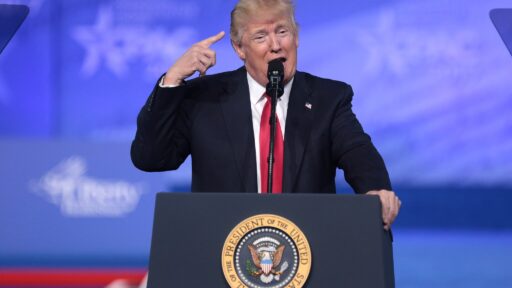Trump Accidentally Insults Spain
During a recent interview, former President Donald Trump caused a stir by mistakenly labeling Spain as a member of the BRICS group—a collection of emerging economies that includes Brazil, Russia, India, China, and South Africa. His comment raised eyebrows, especially since Spain is not part of BRICS, but rather a longstanding member of NATO and the European Union.
The confusion arose when a journalist asked Trump about NATO countries that fall short of the alliance’s defense spending target, which mandates that members allocate at least 2% of their GDP to military expenses. Spain, ranked at the bottom of NATO’s defense spending list, contributed only 1.28% last year—far below the alliance’s target. In response, Trump acknowledged Spain’s low spending but then incorrectly stated, “They’re a BRICS nation, Spain. Do you know what a BRICS nation is? You’ll figure it out.”
This misstep led to some concerns in Madrid, particularly regarding the potential for economic fallout. Trump, known for his aggressive stance on trade, had previously suggested imposing significant tariffs on BRICS nations—up to 100%—as part of his broader “America First” economic agenda. He reiterated this threat, adding fuel to the fire that Spain, despite not being a member of BRICS, could face punitive tariffs under the former president’s policies.
Spanish officials, including Education Minister Pilar Alegría, quickly clarified that Spain is indeed not part of BRICS. She reassured the public that Spain values its relationship with the United States, noting that the two nations have been strong allies for decades. She also emphasized that Spain has been a committed member of NATO since 1982.
Trump’s comments are a reminder of his unorthodox approach to foreign policy—one that has often defied conventional diplomacy. However, his remarks also highlight the growing tensions over defense spending within NATO, where the U.S. has consistently pushed for greater financial contributions from its allies. Under Trump, the push for NATO members to meet and exceed the 2% defense spending target became a key issue, with the former president calling for even higher spending, setting the bar at 5%.
Though his comments may have caused confusion in Spain, they underscore his continued focus on ensuring that America’s allies pay their fair share in defense contributions, even as he shakes up global trade dynamics.







